LILA (she/Her) is 47 years old, lives in QLD and identifies as a person IN RECOVERY fROM BPD
What was your experience of receiving a diagnosis of BPD?
I was diagnosed with BPD many years ago in my early 20s. In those earlier days when BPD was widely misunderstood there was a lot of stigma surrounding diagnosis and therefore not a lot of access to support.
What would you like people newly experienced with BPD to know?
To remember you are more than a diagnosis. There's lots of resources and information available today so read from trustworthy and reliable sources as misinformation, myths and stereotypes still impact some services and treatment access. Quality, evidenced-based, online materials that were helpful to me were sourced through the BPD Awareness Week website www.bpdawareness.com.au, the Australia BPD Foundation www.bpdfoundation.org.au and DBT-based resources.
What did clinicians and mental health professionals do well to support you?
I had access to a mental health professional who was financially accessible. This made all the difference to my recovery as I had limited access to resources at the time. My mental health professional saw me as a complete person, helped me laugh and encouraged me to see the good in myself. His support was life-changing!
What could clinicians and mental health professionals have done better to help you?
Going back 20 years, during periods of acute distress, I would often be turned away from support and had no access to specialised treatment or expert mental health professionals. I wish that my family had more support at the time to understand my complex experiences and needs.
What kind of psychological treatments worked well for you?
Finding a skilled therapist in Eye movement desensitization and reprocessing (EMDR) for processing a co-occurring trauma diagnosis has made a dramatic difference to my well-being. I also found a collection of other skills and practices, many with origins in DBT (Linehan, 1987) skills and theory.
What other things have supported you to live well?
Being an active learner in my own recovery and gaining employment.
Do you have any tips or tricks for managing distress or strong emotions you would like to share?
Everyday self-care for long-term outcomes such as meditation, exercise, eating a healthy diet and maintaining social connections where possible. I feel my communication skills have come so far with the help of interpersonal effectiveness skills, especially DEAR MAN (Linehan, 1987) Behavioral Tech on Psychwire - DBT Changes Lives. This approach has helped me communicate more effectively on a daily basis.
What advice would you give to friends/family supporting someone with a diagnosis of BPD?
Take care of yourself first and encourage family members to maintain their own mental wellness and treatment in order to support those living with BPD.
What are a few things you thought you might not have been able to do but you did anyway?!
At the age of 40 I took up an intensive sport and began competing at a high level. I believe this was possible due to taking on an active role in my own recovery as I was determined to seek support to manage my mental and physical well-being. I believe the body & mind are connected and so by taking care of your body, you take care of your mind. And the reverse is true too! I also achieved a postgraduate qualification.
